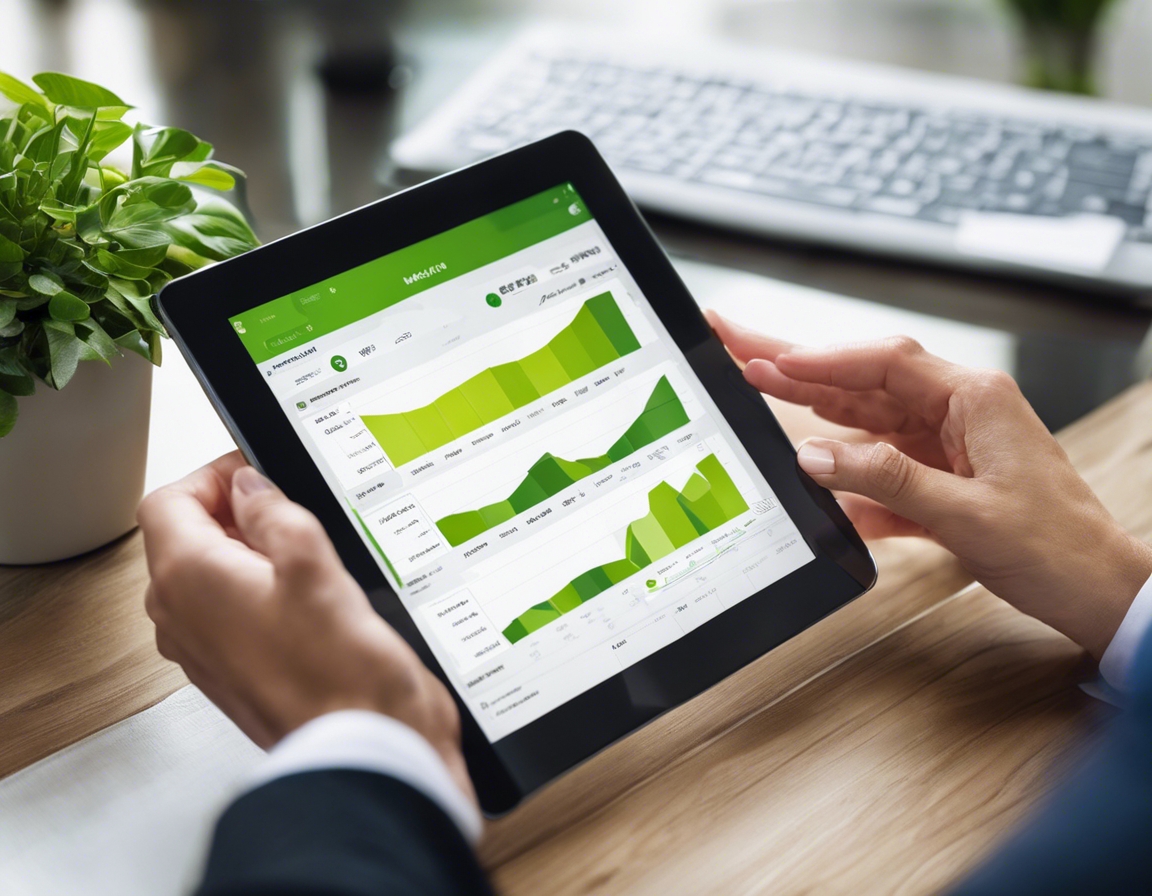The ultimate guide to efficient invoicing and payment tracking
Efficient invoicing is the lifeblood of any business. It ensures a steady cash flow, maintains a professional image, and sets the tone for a healthy client relationship. For small to medium-sized businesses, mastering the art of invoicing is not just about getting paid; it's about creating a system that supports growth and stability.
Payment tracking can be a complex task, especially when dealing with multiple clients and varying payment terms. Common challenges include delayed payments, lost invoices, and the time-consuming nature of manual tracking. Addressing these challenges is crucial for maintaining financial health and client trust.
Setting Up Your Invoicing System
With numerous options available, selecting the right invoicing software is pivotal. It should be user-friendly, scalable, and compatible with other financial systems. Features like automated reminders, customizable templates, and multi-currency support are essential for a global client base.
Customization allows your invoices to reflect your brand identity and provide clear information. Include essential details such as payment terms, itemized services, and contact information to minimize queries and delays.
Automation saves time and reduces errors. Setting up recurring invoices for regular clients and automating payment reminders can significantly streamline your invoicing process.
Best Practices for Invoicing
Issuing invoices promptly and maintaining a consistent schedule helps in setting clear expectations with clients and aids in quicker payment cycles.
Detailed invoices reduce confusion and disputes. They should clearly outline the services provided, costs, and payment instructions to facilitate a smooth transaction.
Follow-ups are a delicate balance between maintaining professionalism and ensuring payments are made. A structured approach to following up can help recover payments while preserving client relationships.
Streamlining Payment Tracking
Integrating your invoicing system with payment solutions can provide a seamless experience for clients and reduce the time to receive payments. Options like online payments and direct bank transfers are convenient for clients and efficient for businesses.
Regularly reconciling your accounts ensures that your financial records are accurate. This practice helps in identifying discrepancies early and keeping a pulse on your business's financial health.
Utilizing the reporting features of your invoicing software can give insights into payment patterns, outstanding invoices, and overall cash flow. These reports are valuable for strategic decision-making.
Legal and Tax Considerations
Staying compliant with local tax laws and regulations is non-negotiable. Ensure that your invoices meet legal requirements to avoid penalties and maintain credibility.
Organized records simplify tax preparation. An efficient invoicing system should help segregate taxable and non-taxable income, calculate taxes, and generate reports for tax filings.
Adopting a Client-Centric Approach
Offering flexible payment options caters to client preferences and can lead to faster payments. Consider various payment methods and choose those that align with your client demographics.
Efficient invoicing is also about relationship management. Personalized communication and addressing client needs promptly can foster loyalty and lead to repeat business.






Comments (0)